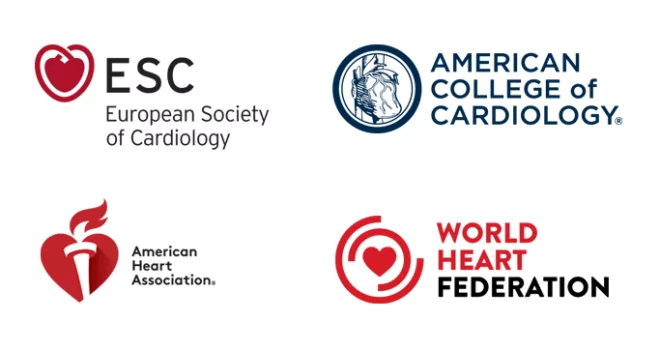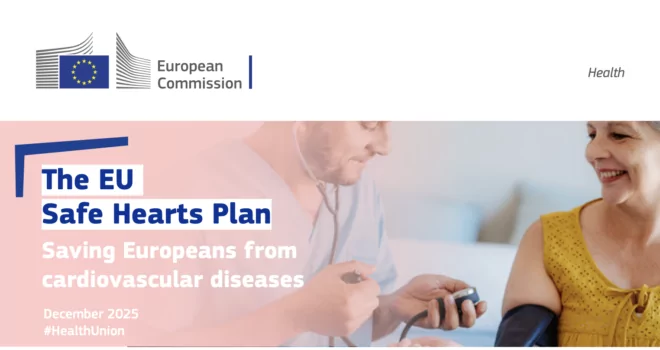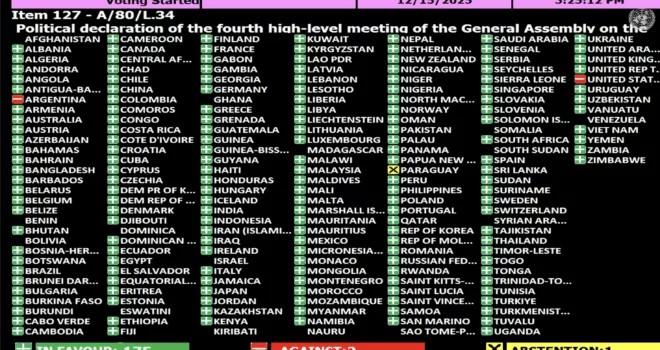This statement was submitted under Agenda Item 12 – Progress Reports – at the Seventy-Fifth Session of the WHO Regional Committee for Europe
Honourable Chair,
Distinguished Delegates,
The World Heart Federation and the European Heart Network commend WHO and Member States for the progress made in implementing the new Action Plan for Refugee and Migrant Health in the WHO European Region 2023-2030.
Noncommunicable diseases, particularly cardiovascular disease, remain too frequently neglected in health emergencies and migration contexts. People living with NCDs and cardiovascular disease face significant challenges in such settings due to strained health systems and disrupted services. Shifting priorities, precarious living and working conditions, limited access to essential care, and increased stress, among other factors, contribute to preventable NCD-related morbidity and mortality. Evidence shows that NCD complications occur two to three times more frequently in emergency contexts than in stable settings, with significantly higher rates of premature mortality.
We urge Member States to:
- Prioritize the needs of people living with NCDs in health emergencies, including migration contexts;
- Strengthen primary healthcare and universal health coverage to build resilient and inclusive systems that ensure continuous, integrated, people-centred, and equitable NCD care for refugees, migrants, and host communities. Such efforts should include establishing mechanisms for financial protection and reducing barriers to care;
- Integrate essential NCD services into emergency preparedness, response, and recovery plans, as well as elevate NCDs within the regional health security agenda;
- Address the social determinants of health to reduce inequities and ensure that no one is left behind; and
- Collect, analyse, and use data to generate timely intelligence for humanitarian actors and health systems.
The World Heart Federation encourages Member States and the WHO Europe Secretariat to continue prioritizing health and migration, building on the European Region’s strong legacy of inclusive and migrant-sensitive universal health coverage. Yet, access to health services remains a major challenge for many refugees and migrants, particularly in ensuring financial protection from out-of-pocket expenses, underscoring the urgent need for more reliable data to inform equitable policy action and strengthen health systems for all.
Protecting the health of refugees and migrants strengthens the health of all communities. Health systems must be resilient and responsive to the needs of all populations.
Thank you.


